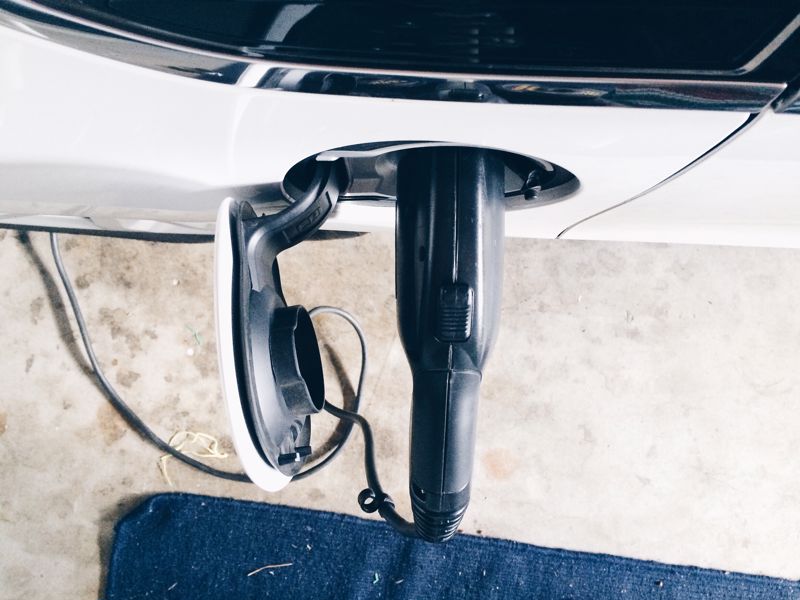

Electric vehicles are one of the most environmentally friendly forms of transportation. They have zero emissions and can be charged at home, work or on the go. The electric car charging stations are also a great way to charge your car without having to wait in long lines for a charger. As electric vehicles (EVs) become more popular as technological advancements make it more accessible, could we have an energy problem on our hands?
Electric cars have been around for more than a century but they were not really popular until recently. In the late 1990s, electric cars started to become popular with environmentalists and engineers who wanted to make the world a cleaner place. But these cars were very expensive and had limited range so they never became mainstream.
But now with new advances in technology and new innovations in battery design, electric vehicles are becoming more affordable and more attractive to consumers. This incredible boost in demand worldwide has increased to a milestone of 20 million vehicles. Global News Wire expects the EV market size to reach 39,206 by 2030. Seems like a low number, however, in 2021 that number was a meer 4,093. With this increase in usage and demand comes an increase in the strain on the energy sources of our infrastructure.
Major brands like Tesla, BMW, Volkswagen, Nissan, Toyota, Volvo and more have begun to make strides in the electric vehicle market. And they've come a long way even in recent years. Now, charging time has decreased while power has increased due to new tech like the DC supercharger — the fastest growing e-charging segment currently on the market. Although most popular in Asia and Europe, market growth has increased in North America as well recently.

According to a study done by Science Direct, "In 2018, the total world energy consumed to charge the existing 4 million EVs was around 10 TWh (average per car 12,500 km/year consuming 20 kWh/100 km)." Yes, we know you're thinking we mentioned 20 million vehicles earlier in this article – that's how much the demand for EVs has grown and we can obviously predict that it's putting quite the strain on electric energy sources.
While many EV owners use alternating currents (AC) to charge their vehicles at home, those who can't charge at their residence depend on direct current (DC) chargers. "The power required to simultaneously charge 1 Million EV, with an average power of 10 kW, is 10 GW. Some will charge at home at 3.2–7.4 kW, some at work at 7.4–25 kW, some at public chargers at 25–50 kW, and some at high-speed chargers at 50–150 kW and above."
With this in mind, even 1 million vehicles being charged at the same time will require more intelligent management of power sources in order to be effective. And it's going to take time and some creative and critical thinking to do so.
EVs have been touted as the future of transportation and are expected to play a significant role in reducing emissions. But do we really need to be concerned about the sustainability of electric vehicles?
While electric vehicles are "fueling" they're losing large amounts of energy in the process. About 16% is lost in the time it takes the energy to go from a wall outlet to your car. Luckily, the amount of energy used to move an EV is up to a great 73% efficiency — more if you include regenerative braking. (It's interesting to note here that internal combustion engines (ICE) used in most standard vehicles only have a 30% to 40% efficiency.)
The first step in determining whether electric vehicles are or can be truly sustainable is to understand the energy mix that powers our cars. The majority of electricity in the US is generated by coal, natural gas, nuclear power, hydroelectric power and renewables such as wind and solar. The second step is to look at how much battery storage it would take for an EV to run on 100% renewable energy. The answer here depends on how much renewable energy you want your car to run on. Often it's not as easy as one thinks.
More studies have been conducted to investigate the impacts of the high insertion in the power systems. Although considered a fossil fuel alternative, electric power still has some environmental effects. Clearly, many industry leaders need to continue developing new and innovative forms of renewable energy. At the moment, current shortages have slowed down how quickly interested buyers can get access to their own EVs. Many people are waiting for vehicles, which has slowed down just how quickly new cars are on the road and using electricity. This is hopefully opening up more time for governments and charging technologies to continue to develop.
Greening Testing Laboratories is a fully certified brake testing lab that provides a variety of brake testing services worldwide. Contact Greening for a complimentary consultation.